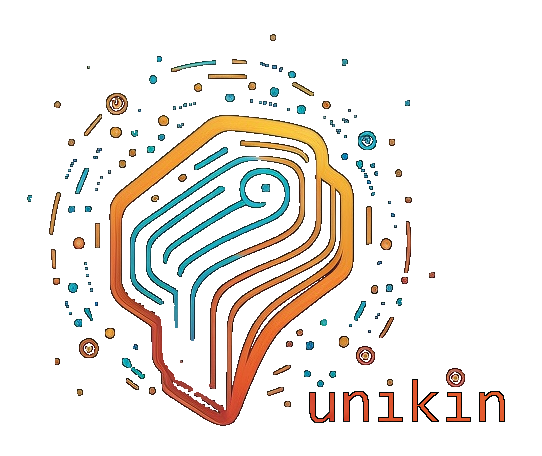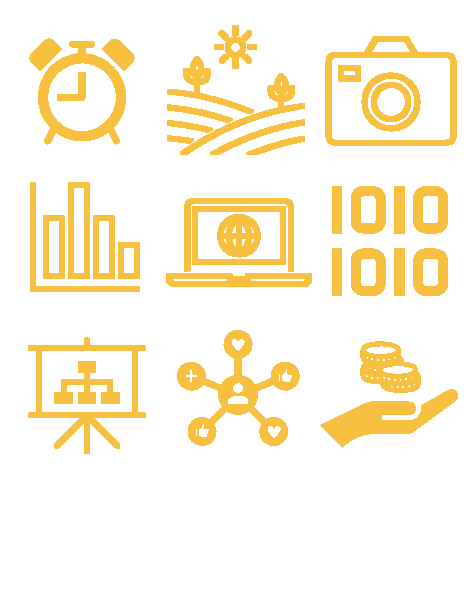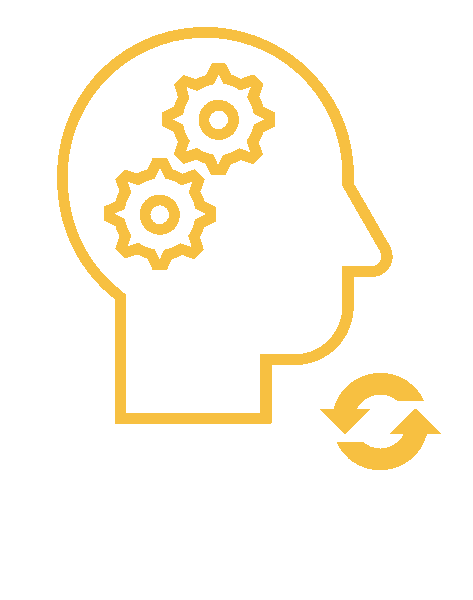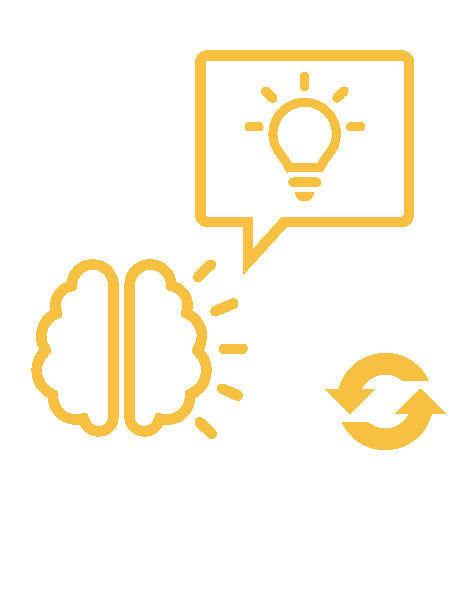Artificial intelligence (AI) is already used extensively in our everyday lives. Definitions for the term vary. Artificial intelligence can be created by classical algorithms and neural networks. In this context, neural networks replicate the way biological brains work. However, today we are still far from the performance of a human brain.
A human being can recognize objects, perceive dangers and situations within milliseconds. A something drawn with six strokes can be recognized as a house, a person or an animal. These are precisely the capabilities that AIs can map today. There are already good commercial systems on the market for image recognition.
However, the use cases (application examples) are more diverse. Large amounts of data accumulate in companies and on the Internet: breaking news, stock market prices, production data, etc.. These are condensed into usable information for analysis by suitable algorithms. On the stock exchange, for example, chart analysis is used to forecast share prices; in manufacturing companies, measurement data is used for early detection of production errors by means of statistical methods (e.g. SPC). This is where unikin comes in.
The processing of data using artificial intelligence usually follows the following pattern:
All steps, especially steps 6 to 8, represent an infinite loop. With humans, it is also said that "you never stop learning".
Unikin covers all steps, and most of the time the data collection will already be implemented in your processes. At the same time, our software is designed to universally analyze a wide variety of data and make forecasts. The quality of the forecast depends on actually existing patterns and dependencies of the data.
If you think your data can do more, contact us. We will be happy to address your application individually.













